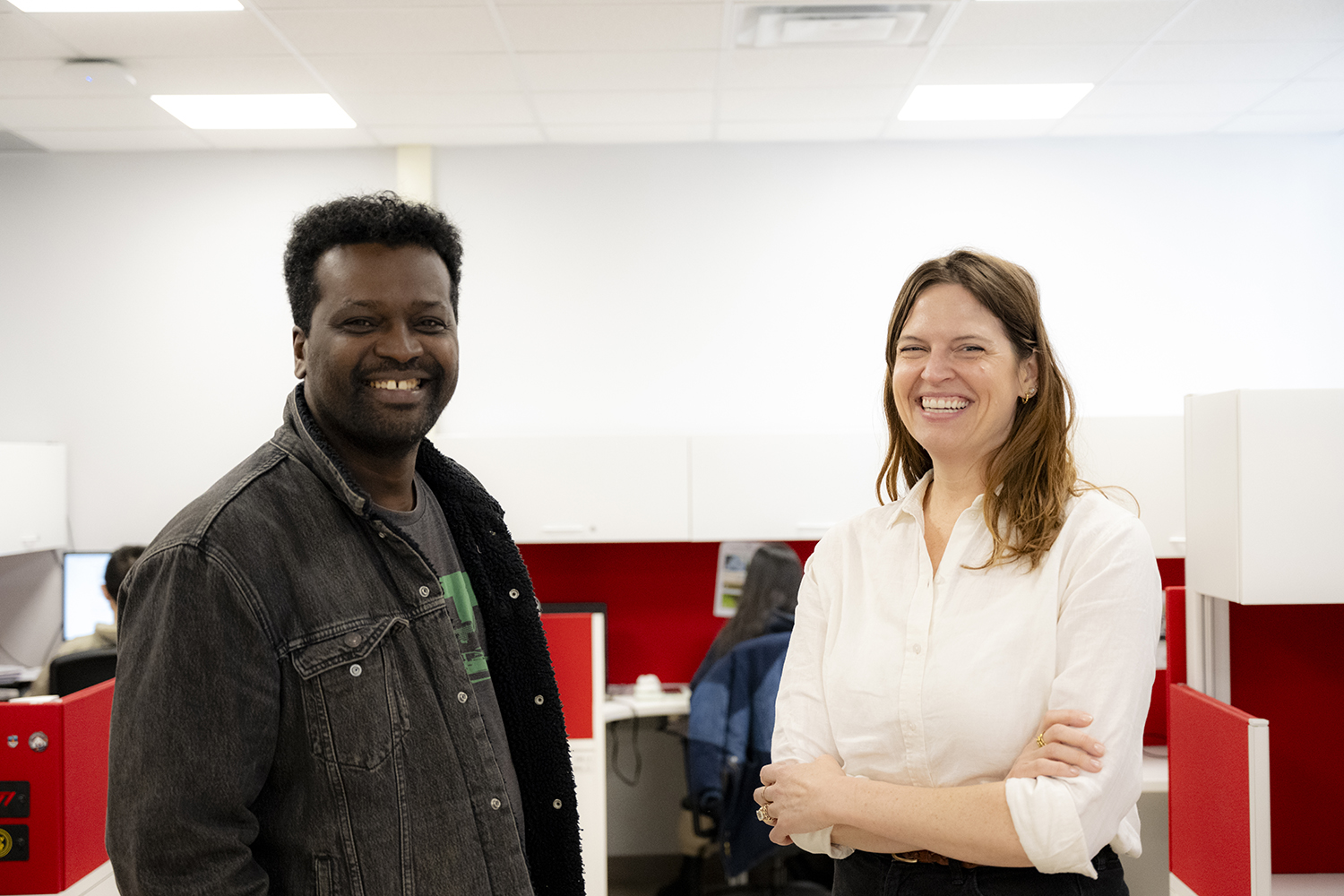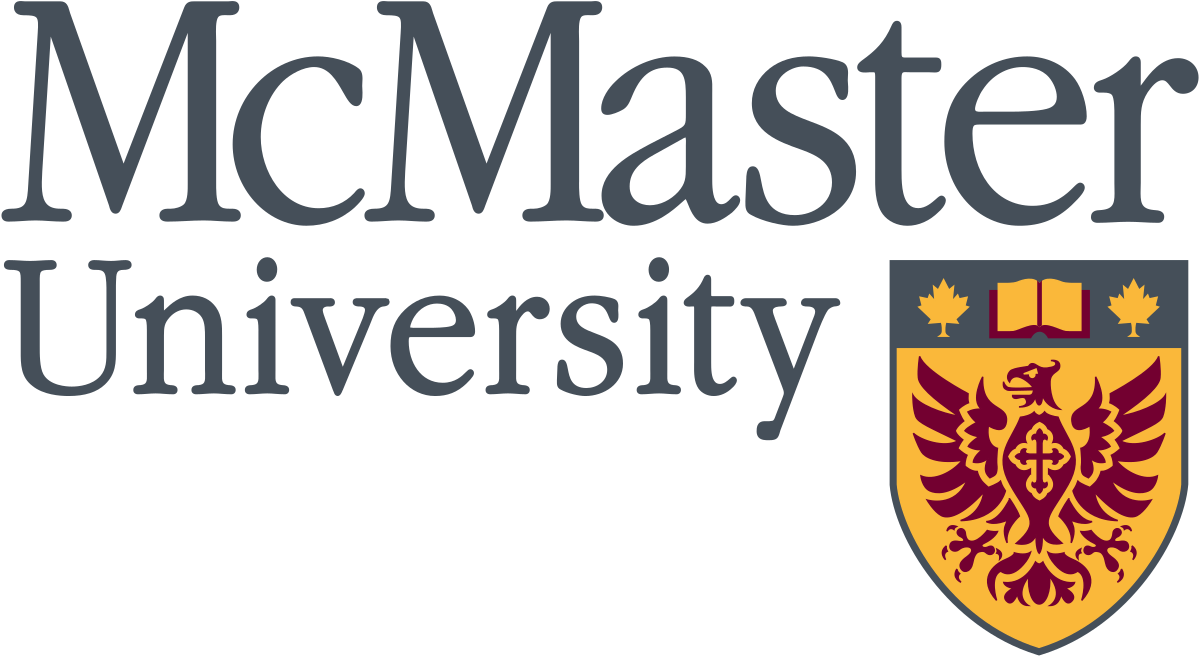 Ottawa, ON—The Sustainable Forestry Initiative (SFI) and McMaster University announce a new partnership to support the SFI Climate Smart Forestry Initiative, which is advancing the interpretation and implementation of climate-informed forestry practices across almost 120 million SFI-certified hectares in Canada. With investments from public and private sources, including Environment and Climate Change Canada (ECCC), the SFI Climate Smart Forestry Initiative engages experts and SFI-certified organizations to reduce net greenhouse gas (GHG) emissions by identifying, developing, and implementing practices that meet the SFI 2022 Forest Management Standard objectives, while achieving co-benefits for biodiversity and wildfire risk reduction. Activities include forest GHG accounting, new research on forest vulnerability, and supporting forest management decision-makers through extension materials.
Ottawa, ON—The Sustainable Forestry Initiative (SFI) and McMaster University announce a new partnership to support the SFI Climate Smart Forestry Initiative, which is advancing the interpretation and implementation of climate-informed forestry practices across almost 120 million SFI-certified hectares in Canada. With investments from public and private sources, including Environment and Climate Change Canada (ECCC), the SFI Climate Smart Forestry Initiative engages experts and SFI-certified organizations to reduce net greenhouse gas (GHG) emissions by identifying, developing, and implementing practices that meet the SFI 2022 Forest Management Standard objectives, while achieving co-benefits for biodiversity and wildfire risk reduction. Activities include forest GHG accounting, new research on forest vulnerability, and supporting forest management decision-makers through extension materials.
“Partnerships like this offer unprecedented opportunities to ensure forestry functions as a climate solution and provides sustainable forest products. Together, we are improving landscape-scale ecological functions and strengthening local economies,” said Lauren T. Cooper, Chief Conservation Officer at SFI.
To support the SFI Climate Smart Forestry Initiative, McMaster University is conducting comprehensive and large-scale vulnerability assessments of Canadian forests to climate change and related disturbances, such as drought, wildfire, and disease. By identifying where forests in Canada are most at risk, the vulnerability assessment will guide targeted climate-informed management practices that increase carbon storage capacity and strengthen forest resilience to climate change. A central goal of this effort is to develop forest vulnerability maps identifying high-risk areas and guiding targeted forest management strategies. The maps will support the development of climate-informed principles and practices (CLIPPs) for enhancing forest carbon storage and building long-term forest resilience.
In March, SFI and McMaster University Remote Sensing Lab convened a “Forest Management for Climate Mitigation Research-to-Practice Dialogue” that brought together Indigenous forest land managers, researchers, practitioners, and government representatives to discuss forest carbon measurement challenges and opportunities as well as climate-informed management practices. Working collaboratively helps define and support the implementation of key SFI Forest Management Standard objectives foundational to this work, Objective 9: Climate Smart Forestry and Objective 10: Fire Resilience and Awareness.
Leading the collaboration from McMaster University is Dr. Alemu Gonsamo, Associate Professor of McMaster University’s Remote Sensing Lab and Associate Director of McMaster Centre for Climate Change. Dr. Gonsamo has contributed to the first accounting of carbon stored in Canada’s ecosystems and is a globally recognized expert integrating ground measurement and remote sensing to study how ecosystems respond to global change, with an emphasis on forest ecosystems.
“Measuring the climate benefits of various forest management interventions is crucial but complicated, especially in Canada, which is home to 9% of the world’s forests. Effective management should focus on restoring converted lands, while also preserving the massive amount of carbon stored in Canadian trees and soils. The dialogue brought together scientists, forestry practitioners, and Indigenous communities to promote climate-resilient forest management and account for its benefits. By combining remote sensing, ground observations, machine learning, and Indigenous knowledge, we can improve carbon accounting to create sustainable practices to combat climate change,” said Dr. Gonsamo.
Research-to-practice collaborations, like the partnership between SFI and McMaster University, play a pivotal role in connecting academia, forest practitioners, and governments to find shared climate solutions. Subscribe to the SFI climate smart forestry newsletter for updates from the organizations and individuals advancing this work.
ABOUT SFI
The Sustainable Forestry Initiative® (SFI) advances sustainability through forest-focused collaborations. We are an independent, nonprofit organization that leverages four interconnected pillars of work: standards, conservation, community, and education. SFI works with the forest sector, conservation groups, academics, researchers, brand owners, resource professionals, landowners, educators, local communities, Indigenous Peoples, and governments. Collaborating with our network, we leverage SFI-certified forests and products as powerful tools to help solve sustainability challenges such as climate action, conservation of biodiversity, education of future generations, and sustainable economic development.
MEDIA CONTACT
Christine Leduc
VP, Communications and Government Relations
Sustainable Forestry Initiative
613-706-1114
media@forests.org

About McMaster University Remote Sensing Lab
The McMaster University Remote Sensing Lab, based in the School of Earth, Environment & Society, is at the forefront of using satellite Earth observations and advanced computer modeling to tackle urgent environmental and societal challenges. The lab harnesses cutting-edge technologies, including remote sensing, AI, carbon cycle modeling, and global change impact assessments, to monitor landscape changes, evaluate land ecosystem dynamics, and promote sustainable forest resource management. Collaborating with partners in academia, governments, NGOs, industry, and Indigenous communities, the lab generates actionable insights that drive informed decision-making and policy development for resilient terrestrial ecosystems. Learn more at remotesensing-mcmaster.org
